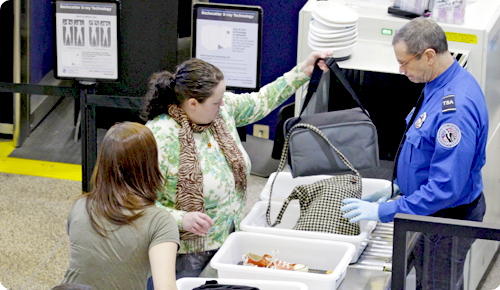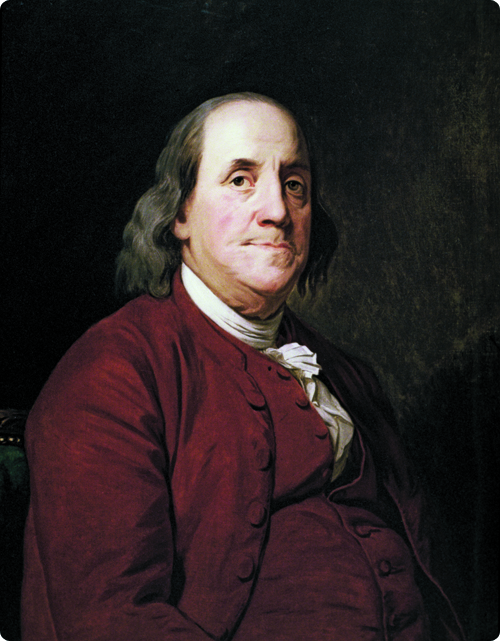—THE NATIONAL COMMISSION ON TERRORIST ATTACKS UPON THE UNITED STATES
9/11: The Terrorist Attacks of September 11, 2001
On the morning of September 11, 2001, nineteen members of the terrorist organization al-Qaeda hijacked four commercial airliners. Two of the planes were flown directly into the twin towers of New York City’s World Trade Center, both of which collapsed within hours. A third was smashed into the Pentagon, near Washington, D.C. The fourth crashed in a Pennsylvania field after passengers and flight crew, having learned via cell phone of the hijackings, wrestled with the terrorists for control of the plane whose target was purportedly either the U.S. Capitol or the White House. Nearly 3,000 people, including the terrorists, died in these attacks.
The planners justified these lethal attacks as reactions to American foreign policy in the Middle East: the presence of American troops in the region, especially near holy Muslim sites in Saudi Arabia; American support for Israel; and U.S.-supported sanctions against Iraq, to name a few. In 1998, citing these grievances, al-Qaeda chief Osama bin Laden issued a religious order stating that killing "Americans and their allies—civilians and military—is an individual duty for all Muslims." Attacks soon followed on U.S. embassies in Africa, killing hundreds, and on a U.S. Navy ship off the coast of Yemen, killing seventeen sailors. Bin Laden himself was tracked and killed by American forces in Pakistan on May 1, 2011.

The response to 9/11, to subsequent terrorist attacks throughout the world (thwarted or successful), and to the threat of new attacks required a worldwide effort that has drawn heavily upon American and other nations' resources and has changed lives in many ways. Some of these changes, such as curtailment of certain privacy rights, have led to tensions between security and America's dedication to liberty. These changes lead us to focus in the following lessons on the fundamental principles that underlie our system of government and way of life.
The Declaration of Independence and Preamble to the U.S. Constitution
A Focus on First Principles
can be preserved to any people, but by
…frequent recurrence to fundamental principles.
VIRGINIA DECLARATION OF RIGHTS (1776)
To do so, we look back to July 4, 1776, when a group of leading American colonists gathered in Philadelphia, Pennsylvania. They met to sign a "Declaration of Independence" announcing Britain's American colonies to be free and independent states, no longer subject to British rule. The Declaration contains some of the most important and influential ideas in history.
Less than eleven years later, on May 14, 1787, representatives of the newly independent states again met in Philadelphia, this time to draft a new constitution for the nation. When completed on September 16, 1787, the Constitution began with a Preamble setting forth its purposes. Both the Declaration and the Preamble include fundamental values and principles that characterize us as a free nation and a free people. Although the application of these values and principles has often been controversial, the principles themselves have been cherished by Americans since first presented to the world so long ago.
How successful has our nation been in realizing these values and principles? Do we still believe in all of them? How can they be adequately preserved in an age of terrorism? In the lessons that follow, you will examine these ideas, their meanings, and their contemporary relevance.

“Those who would give up essential Liberty, to purchase a little temporary Safety, deserve neither Liberty nor Safety.”
—BENJAMIN FRANKLIN (1775)





